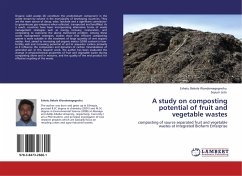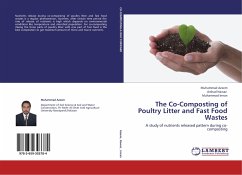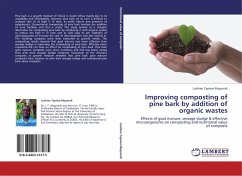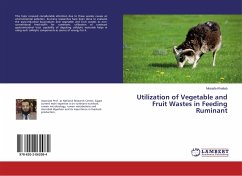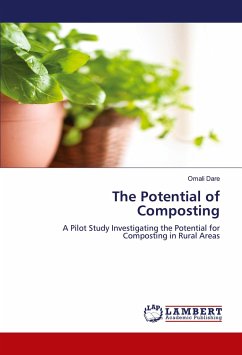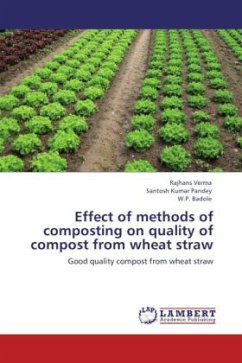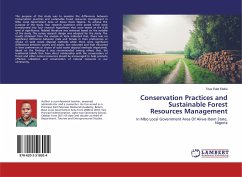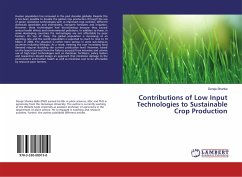Organic solid wastes (d) constitute the predominant component in the waste stream by volume in the municipality of developing countries. They are the main source of decay, odor, leachate and a significant contributor to greenhouse gas emissions when collected, transported and landfilled. As a result, countries have been incorporating alternative forms of waste management strategies such as energy recovery, incineration, and composting to overcome the above mentioned problem. Among these waste management strategies, studies show that efficient composting system is more suitable in the treatment of large quantity of wet organic matter. And, aimed to increasing soil organic matter (SOM) content in low-fertility soils and increasing potential of soil to sequester carbon primarily as it influence the composition and dynamics of carbon mineralization of amended soil. In this research work, the author has been evaluated the change in physicochemical properties of fruit and vegetable waste during composting alone and in mixtures, and the quality of the end product for effective recycling of the waste.
Bitte wählen Sie Ihr Anliegen aus.
Rechnungen
Retourenschein anfordern
Bestellstatus
Storno

